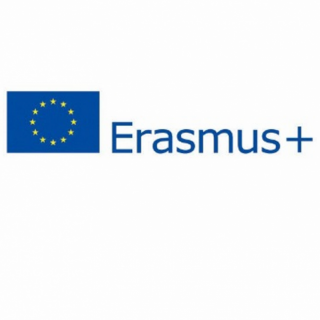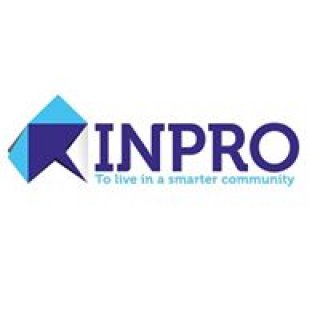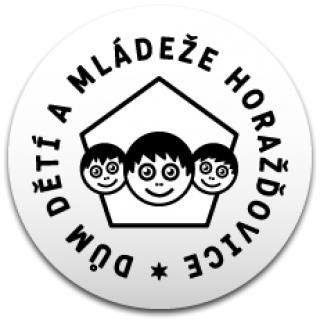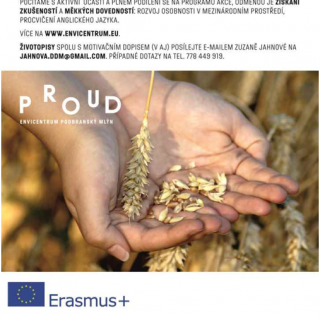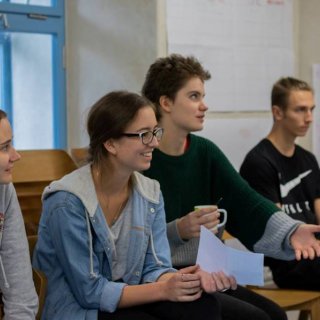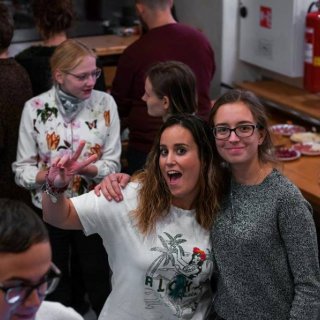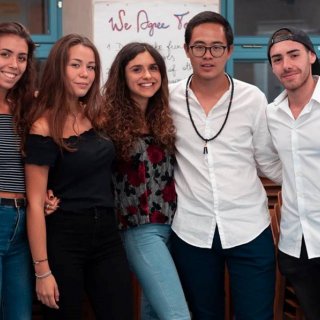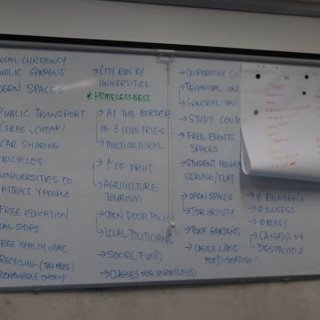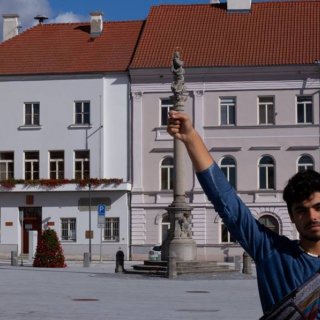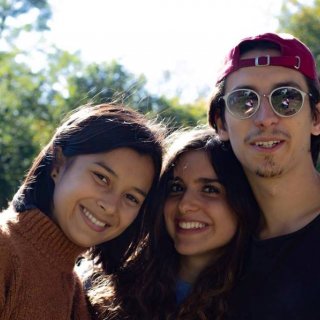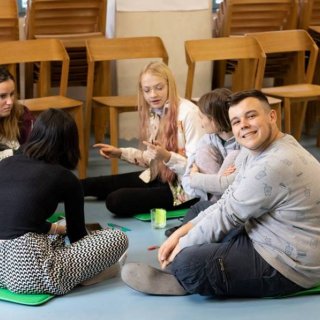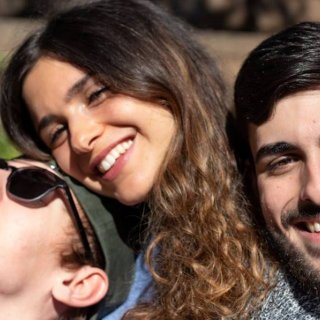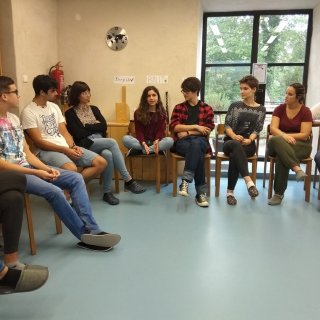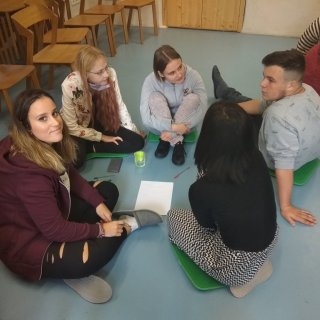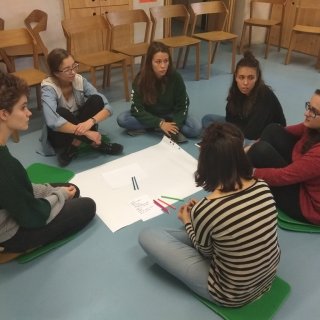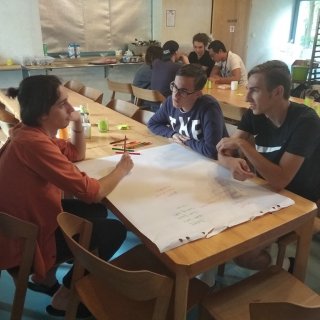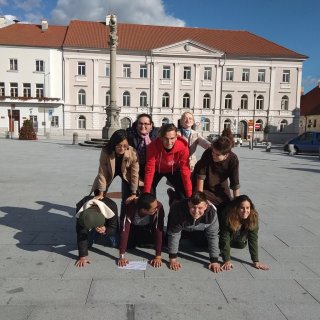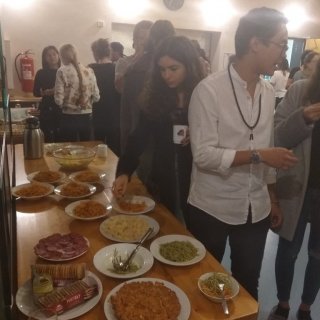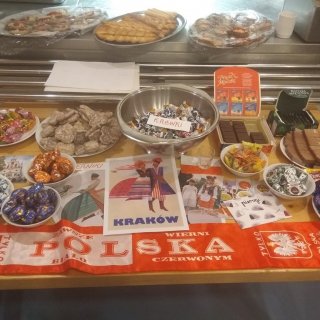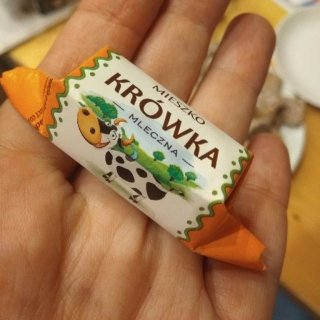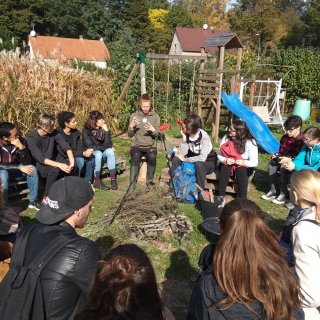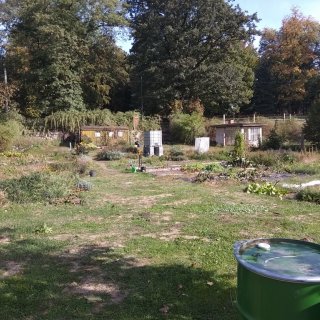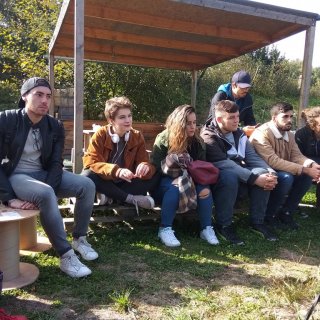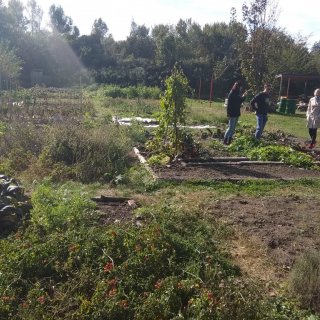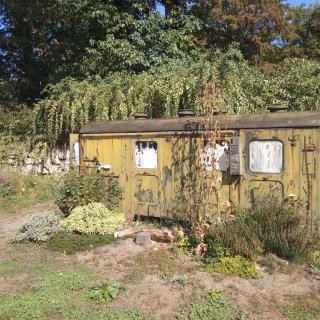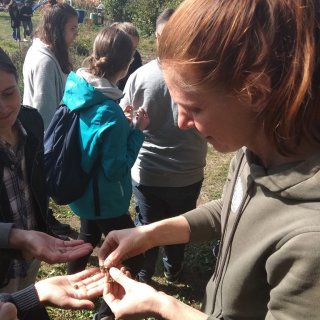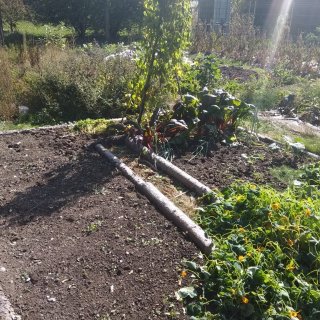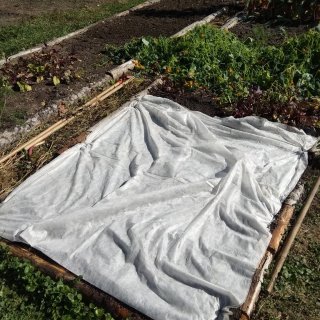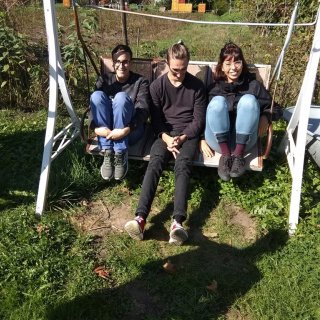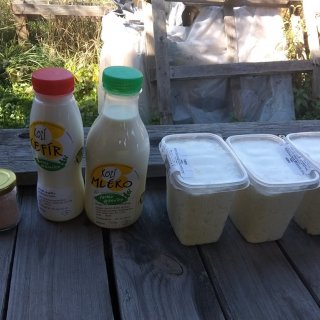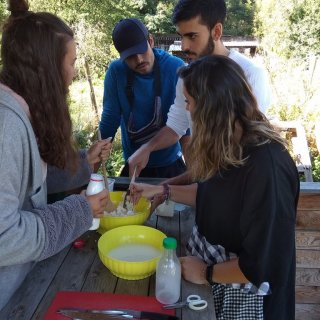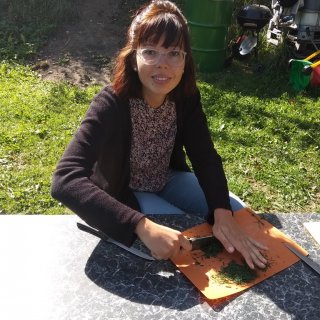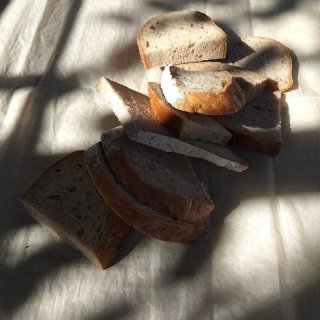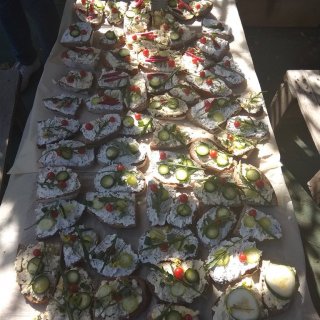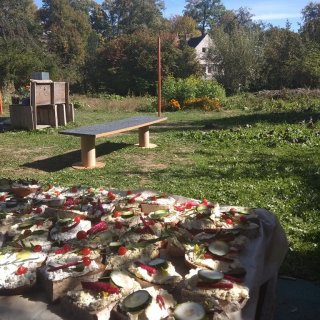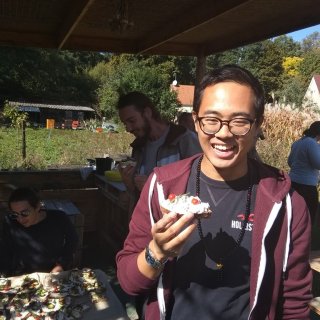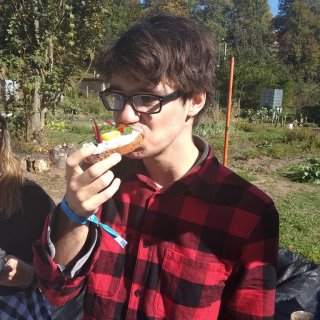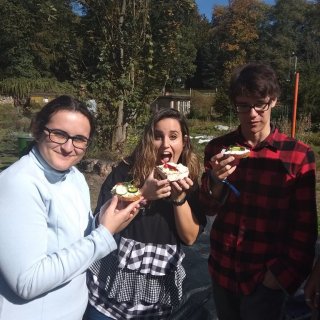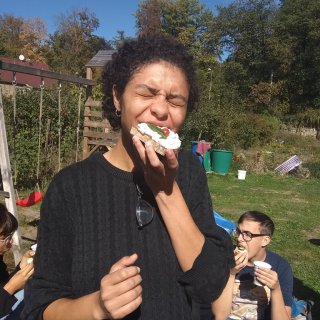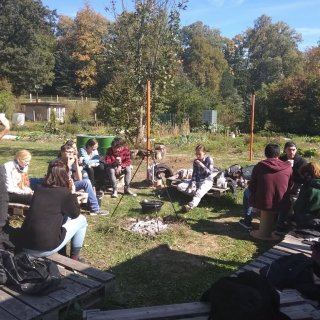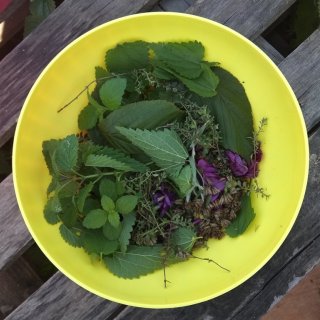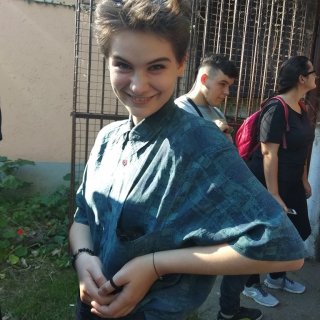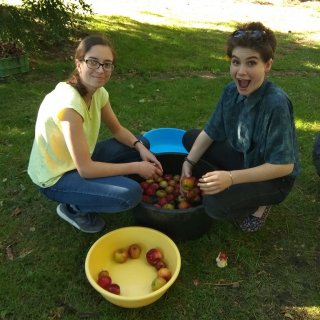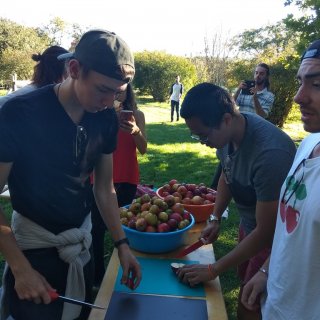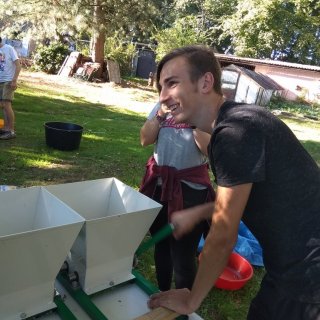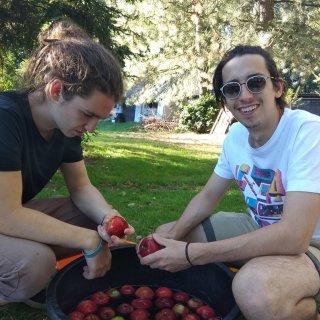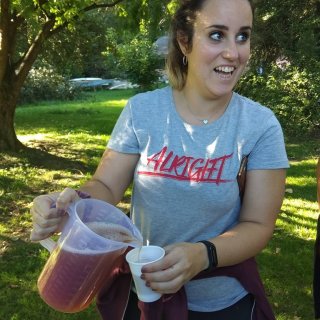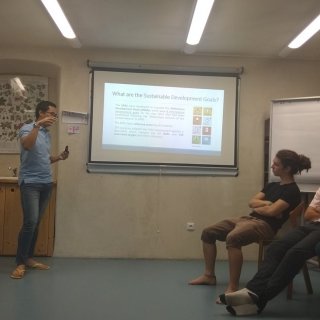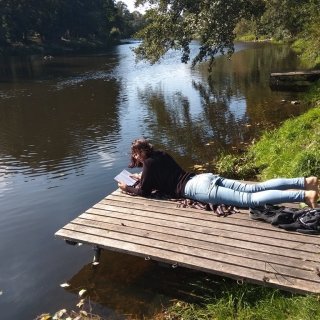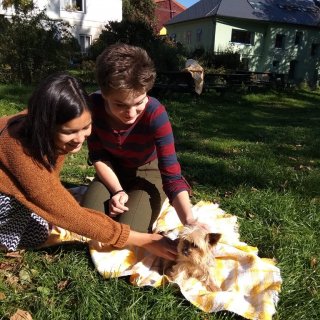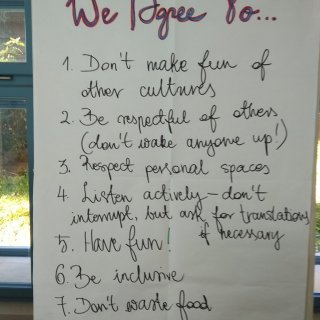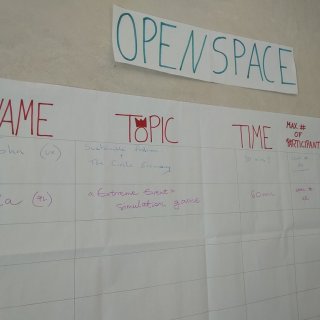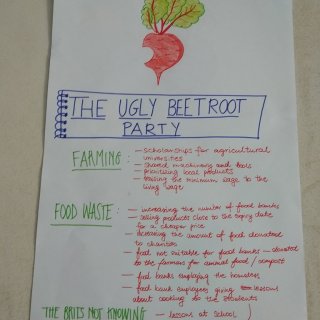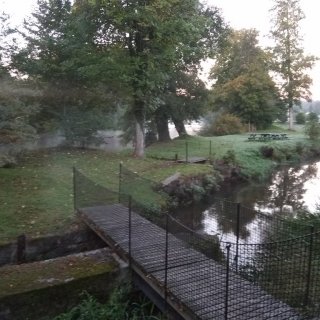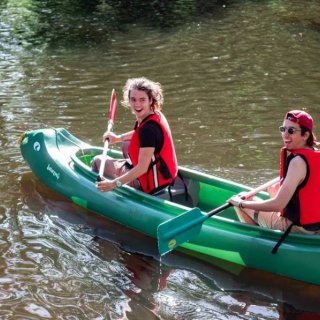Learning outcomes:
The competences acquired by participants were aligned to ones planned at the
application stage. Participants learned how to work together in a team,
accomplish group tasks during the working groups, to make compromises, to manage
the time and to complete their tasks in the given period of time.
Splitting participants in working groups was always considering blending the
nationalities, but in couple of cases trainers gave tasks for the country
groups. Some of the participants were comfortable with using ICT, but in the
same time part of them learned to use better media technologies by working on
given tasks effectively using online resources.
Participants learned how to be facilitators during this Youth Exchange. In
order to encourage them to have a deeper role in the project, each country group
was responsible for preparing a 90 minute workshop. They received guidance from
trainers and team leaders and they learned through whole process how to
research, plan and deliver this workshop. These activities helped participants
feel more involved in the project's implementation and in the end they
appreciated the work the project team had done. This came also with learning how
to include better the team members and how to assign and take responsibilities.
Participants got new knowledge and improved in non-formal education methods,
learning new ones like: “Open Space Technology”.
Participant youth got a better sense of entrepreneurship and social
enterprise during the visit in the community garden in Plzen. They learned
practical things during the apple juice making workshop they had in DDM
educational farm, for many of them being the first time they do it. They
improved their knowledge about permaculture, gardening, from farm to plate
concept, but also how a cooperative can work as a business in the benefit of the
locals. We had 4 teams formed from youth during whole period: media, cleaning,
mood and logistics. Participants improved their ability to handle with different
situations, get responsible and learned how to use different tools or data,
specific for their team work. Here is to mention that youth work very good
together, being noticed how the more experienced ones are transferring knowledge
to less experienced. This was actually the purpose of this and trainer together
with team leader facilitated youth work.
During the mobility participants enhanced their creativity by expressing and
communicating ideas, information and opinion. The project also allowed
participants to develop their personal skills such as team work, communication
in foreign languages, creativity, cultural awareness and expressions. The
evaluations collected from the participants at the end of the activity showed
the overall satisfaction.
Here are some quotations from participants' evaluation forms:
“I also learnt a great deal about global and local food problems and
possible ways to deal with them which I what I did expect.”
“At first I felt very shy and nervous about public speaking but as the
week went on I grew much more comfortable with everybody and keen to share my
opinions and ideas. I feel much more ready and confident in starting my new job
when I get home.“
“The most important was the activities when people teach something and
sharing ideas and knowledge.”
“I think that there were two most important parts of the program.
1. The farm, because it was something new for me and I learnt a lot about how
it works and what we can do there.2. Reflection groups.“
“The discussions were inspiring and engaging and I bonded with a lot
of people.”


